14 Lawmakers Planning to Transform Federal IT
StartThe administration has made a few things clear to federal agencies: They need to modernize the technology they depend on and those systems better be secure.
It’s a tall order, but some lawmakers are putting together bills with the potential to transform how agencies use, buy and secure technology—and they’re reaching across the aisle to do it.
Their wish lists vary: Some aim to change how agencies deliver services to citizens, others want agencies to be able to purchase bleeding-edge ideas, and few have ideas on how to restructure offices and expand agency missions. And they’re all concerned with government’s cybersecurity stance.
Here, in no particular order, are lawmakers to watch this session.
1/14
Rep. Will Hurd
Rep. Will Hurd, R-Texas, is undoubtedly one of the top tech minds in Congress. Before trying his hand at politics, Hurd earned a degree in computer science and later served nine years in the CIA. In his duties within the intelligence community, Hurd frequently found himself on Capitol Hill, briefing members on matters in the Middle East—a prelude to his own public service. Before his run, however, Hurd turned his tech talents into a position as a senior adviser with a cybersecurity firm.
In Congress, Hurd has championed improved federal cybersecurity and IT modernization. In his role as the chairman of the House Oversight and Government Reform’s IT subcommittee, Hurd has been the leading Republican voice in IT oversight, holding agencies accountable and pressing for proper implementation of laws like Federal Information Technology Acquisition Reform Act. Hurd also serves as cyber expert in the House Intelligence Committee, bringing private sector and IC expertise to matters at the intersection of technology and national security.
Hurd’s biggest tech push thus far is the Modernizing Government Technology Act, a bill that would provides funds to update aging IT in agencies and recently passed the House and has support in both aisles in the Senate. House Majority Leader Kevin McCarthy praised Hurd’s technical expertise and bipartisan nature, telling reporters after MGT cleared the House that nobody else in Congress was less partisan than Hurd.
Hurd also recently reintroduced two efforts at changing the technology that helps the government fight terrorism. The Enhancing Overseas Traveler Vetting Act directs the Homeland Security and State departments to develop and share open-source software to better identify known and suspected terrorists. The Department of Homeland Security Data Framework Act, introduced with fellow Texan Rep. Mike McCaul, would create a “scalable information technology program” to connect various databases and systems across the agency’s 22 components.
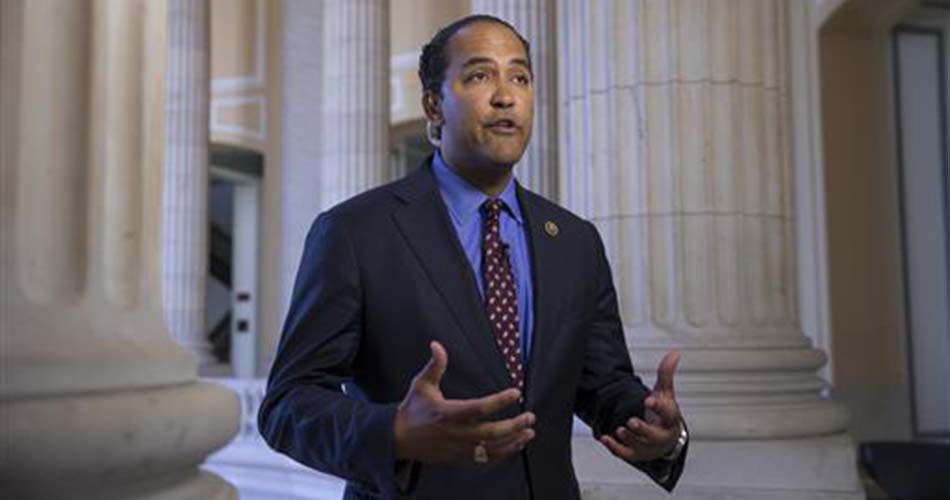
J. Scott Applewhite/AP 2/14
Sen. Brian Schatz
Sen. Brian Schatz, D-Hawaii, has sponsored a boatload of tech and cyber legislation, including major bills this Congress to formally establish an interagency process to review when U.S. intelligence agencies should disclose or exploit previously unknown cyber vulnerabilities and to codify an Obama-era order requiring agencies to post their data online whenever possible and in machine-readable formats. He also sponsored a bill ordering the government’s cybersecurity standards agency to give more assistance to small businesses.
He’s the ranking Democrat on the Senate Commerce Committee’s panel on communications, technology, innovation and the internet, which has oversight of the Federal Communications Commission. Schatz is already trying to rally citizens to get involved in FCC's proposal to eliminate the net neutrality rules created under the Obama administration.
"While [FCC] Chairman [Ajit] Pai seems to have made his decision to get rid of these rules before starting the proceedings in earnest, he has an obligation to keep an open mind in this process, and take seriously the comments from the public,” Schatz said in a statement.
“I plan to hold him to that obligation—to make sure that the people who weigh in are heard, as they should be."
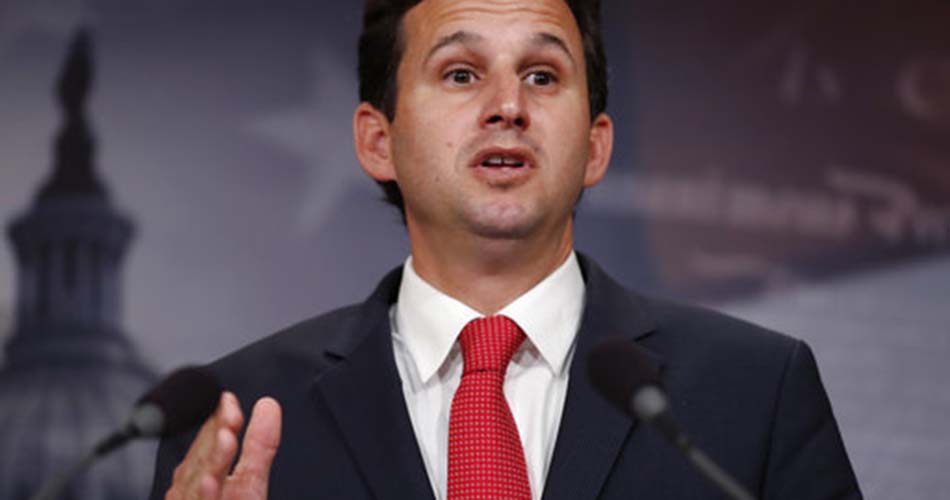
Carolyn Kaster/AP 3/14
Rep. Jim Langevin
Rep. Jim Langevin, D-R.I., co-founded the Congressional Cybersecurity Caucus in 2008. He also serves on the cybersecurity panel of the House Homeland Security Committee and is the ranking Democrat on the House Armed Services panel that deals with cyber threats.
This session, Langevin has focused on building up the cybersecurity pipeline the government could potentially tap. With bipartisan support, he introduced the House companion legislation for the Department of Defense Cyber Scholarship Program Act and Department of Defense Emergency Response Capabilities Database Enhancement Act. The former revises and expands an existing DOD scholarship to cybersecurity fields, while the latter allows DOD to track the cyber skills of National Guard and Reserve service members.
Langevin also said he’s working on a bill to require more rigorous measurement of government cyber tools.
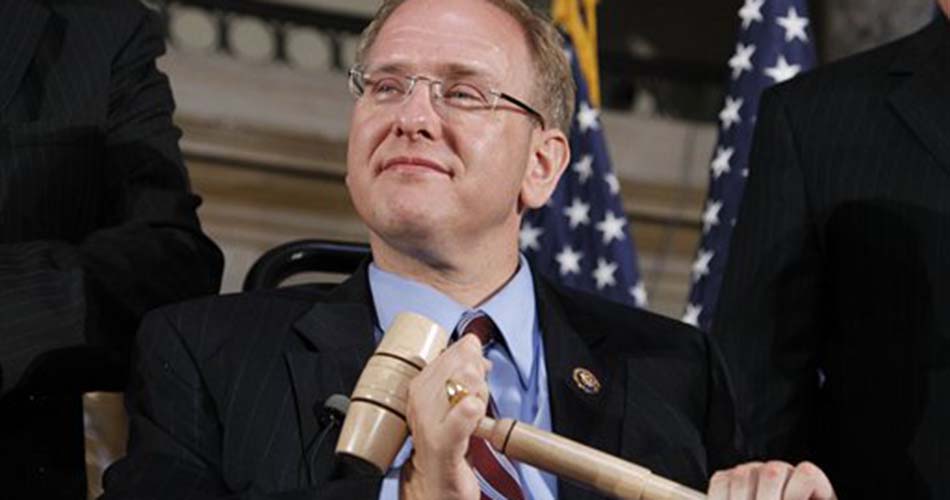
Alex Brandon/AP File Photo 4/14
Rep. Suzan DelBene
Before she was a politician, Rep. Suzan DelBene, D-Wash., worked in the technology sector (12 years at Microsoft) on issues ranging from embedded systems to e-commerce. Now, as a representative for Washington’s first congressional district since November 2012, she focuses on three key areas: technology, health and agriculture.
As co-founder and co-chair of the congressional Internet of Things Caucus, she helps educate fellow legislators “so the work we do is forward-looking and grounded in the realities of the 21st century.” DelBene also co-chairs the Women's High-Tech Coalition, a network of women in government and industry focused on technology, innovation and the development of public policy related to technology. Most recently, she became one of the co-chairs of the newly launched Congressional Caucus on Virtual, Augmented and Mixed Reality Technologies, with Reps. Ted Lieu, D-Calif., Yvette Clarke, D-N.Y., Bill Flores, R-Texas, and Darrell Issa, R-Calif.
In addition, DelBene has helped introduce several privacy-related bills and legislation to secure data and protect citizens from government surveillance. In introducing the Stop Mass Hacking Act earlier this year, with a bipartisan, bicameral group, DelBene stressed the need to preserve civil liberties.
“Just because technological advances have made it easier for the federal government to collect information doesn’t mean that our privacy rights can or should be violated,” she said in a Feb. 17 statement. “Congress has an obligation to weigh in before there are drastic changes to Rule 41 that could violate Americans’ constitutionally protected privacy rights.”
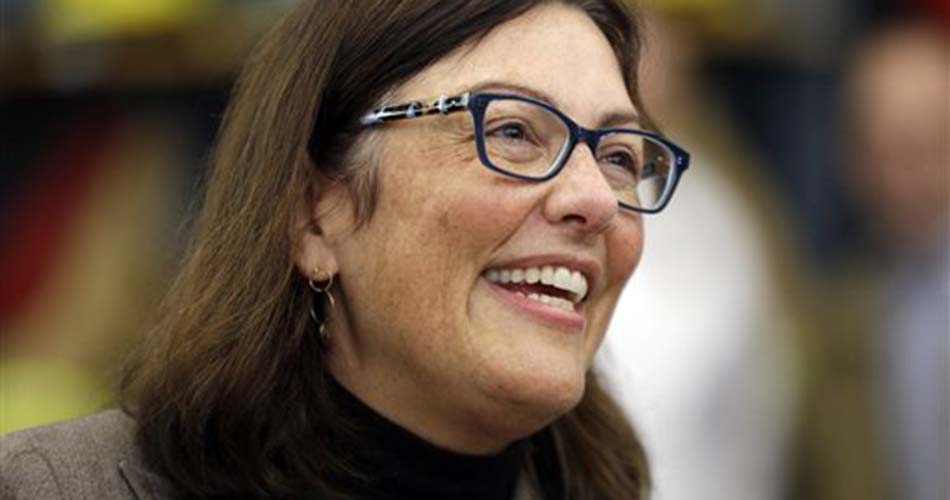
Elaine Thompson/AP 5/14
Rep. John Ratcliffe
Rep. John Ratcliffe, R-Texas, a former U.S. attorney who worked on cyber crimes, chairs the House Homeland Security Committee’s cybersecurity panel, which oversees the security of a large portion of the government’s technology infrastructure. He listed improving the security of federal networks, building a stronger cyber workforce, using innovative cybersecurity tech for the federal government and implementing the Cybersecurity Act of 2015 as some of his top priorities.
So far, three of the bills he’s sponsored have passed the House. The Leveraging Emerging Technologies Act and the Support for Rapid Innovation Act would mandate DHS to develop relationships with academia, industry and developers on the bleeding edge of cybersecurity technology.
“It’s no secret that the federal government has struggled to keep pace with the exponential levels of technological innovation taking place, and one of my core beliefs as a legislator is that many of the most innovative solutions are best developed outside of Washington,” he said in a statement.
The third, the Strengthening State and Local Cyber Crime Fighting Act, would create a DHS cyber training center for law enforcement agents on the state and local level.
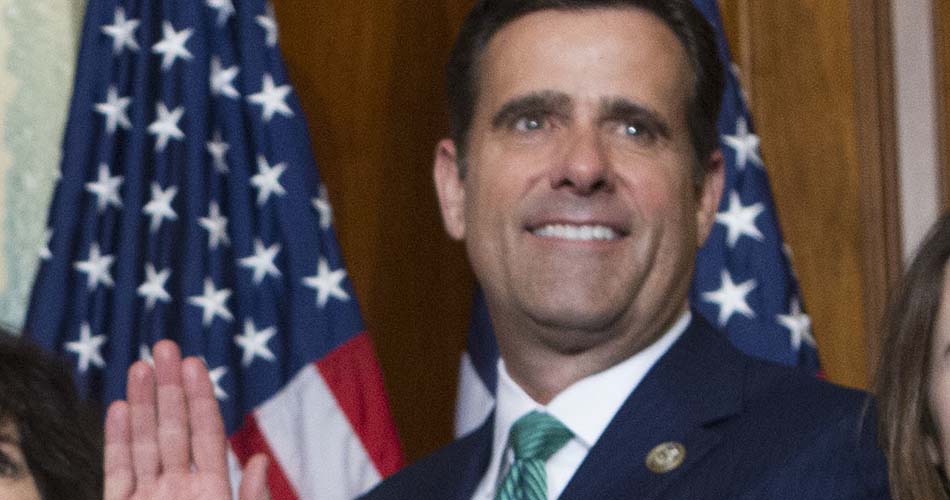
Jose Luis Magana/AP 6/14
Rep. Ted Lieu
Rep. Ted Lieu, D-Calif., is one of the true techies in the legislative branch. As only one of four computer science majors serving in Congress, Lieu is frequently engaged in IT issues that range from cybersecurity and internet privacy to innovation and cloud computing. Lieu grasps the sometimes-complex policy landscape emerging technologies create, authoring bipartisan legislation that would help protect consumers from the dangers of vehicular hacking.
“The internet of things brings technology and connectivity into every corner of our lives, including our cars,” Lieu said upon the legislation’s announcement. “However, with the pervasiveness of technology, cybersecurity standards and privacy protections become more important than ever.”
Where many in Congress are still learning what IoT is, Lieu is crafting legislation around the complex privacy concerns and potential benefits this influx of technology and connectivity bring.
In addition, Lieu is also a strong voice for IT reform, serving on the House Oversight and Government Reform’s IT subcommittee, as co-chair of the Cloud Computing Caucus and the newly formed Congressional Caucus on Virtual, Augmented and Mixed Reality Technologies. Lieu seems to relish his oversight role, and is known to ask complex and nuanced questions to federal officials who testify before IT subcommittee.
He’s also part of a group of bipartisan, bicameral lawmakers calling for transparency in how the government decides to hold onto a software vulnerability or to disclose it to vendors so it can be patched, hence the name: the Protecting our Ability To Counter Hacking, or PATCH, Act.
Lieu is also among the most proficient Twitter users in government, boasting nearly 200,000 followers.
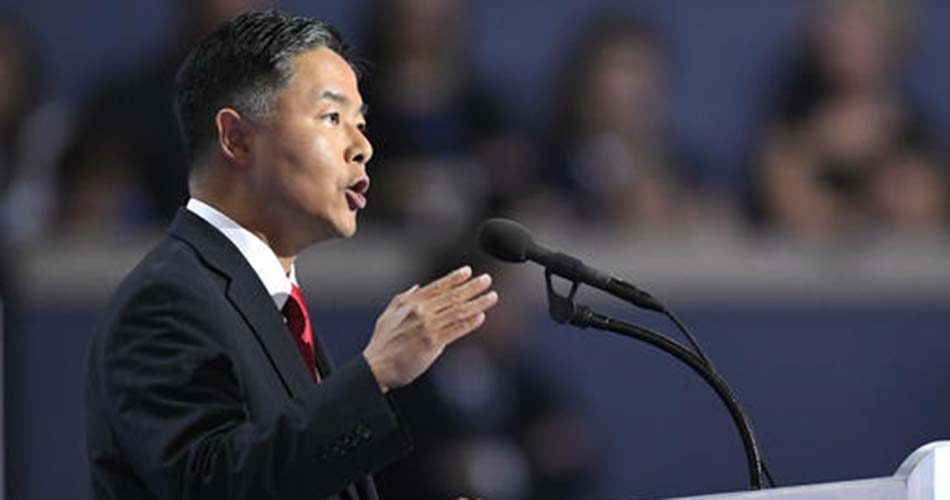
Mark J. Terrill/AP 7/14
Sen. Ron Wyden
Sen. Ron Wyden, D-Ore., has long been among the top privacy advocates in the Senate. From his perch on the Senate Intelligence Committee, he’s likely to play a leading role trying to rein in Section 702 of the Foreign Intelligence Surveillance Act, a top National Security Agency surveillance tool set to expire this year. He’s also peppered federal agencies and industries with concerns about cybersecurity vulnerabilities in telecommunications infrastructure and about enhanced FBI hacking powers that went into effect in 2016.
This session, Wyden has thrown his weight behind multiple bills protecting data privacy including the Protecting Data at the Border Act to stop border searches of Americans’ digital devices without cause and the Geolocational Privacy and Surveillance, or GPS, Act to create clear rules on when agencies can use citizens’ location information.
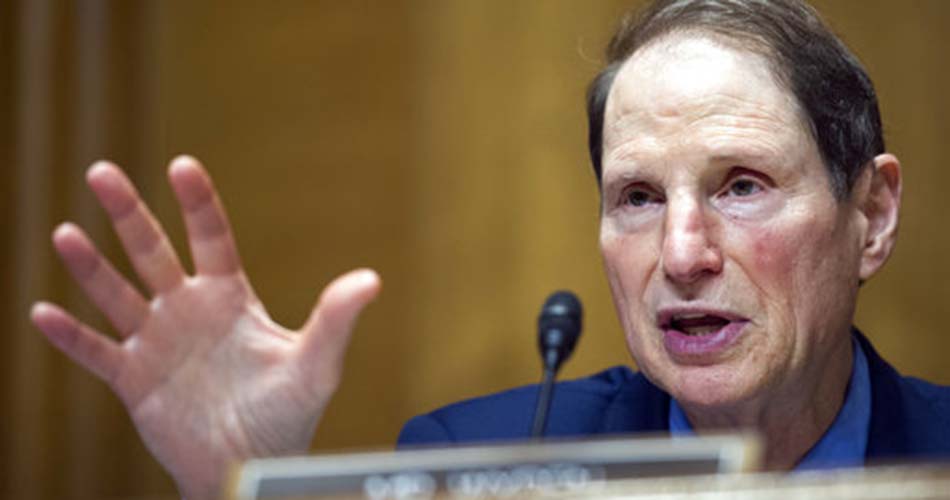
Cliff Owen/AP 8/14
Rep. Robin Kelly
Rep. Robin Kelly, D-Ill., represents the Prairie State’s second district, which is a mixture of urban Chicago and rural farming communities. That contrast shapes the way Kelly views technology: as an enabler and backbone to the services the government provides citizens.
Because parts of her district have spotty access to broadband internet and many of her constituents access the web via mobile devices, Kelly has championed the Connected Government Act, which would require new and redesigned websites be mobile friendly. Introduced in May, it’s the first tech legislation Kelly has sponsored and would codify existing policy written during the final year of the Obama administration.
Yet, Kelly has been a growing influence in the House of Representatives. She serves as the ranking member of the House Oversight and Government Reform’s IT subcommittee and is a member of a bipartisan IT reform committee that includes Reps. Gerry Connolly, Mark Meadows, Darrell Issa and Will Hurd. Kelly was one of the lead cosponsors on the Modernizing Government Technology Act Hurd introduced in April, and she’s thrived in her role as the top Democrat on the IT subcommittee, holding agency officials and chief information officers to account for their performances.
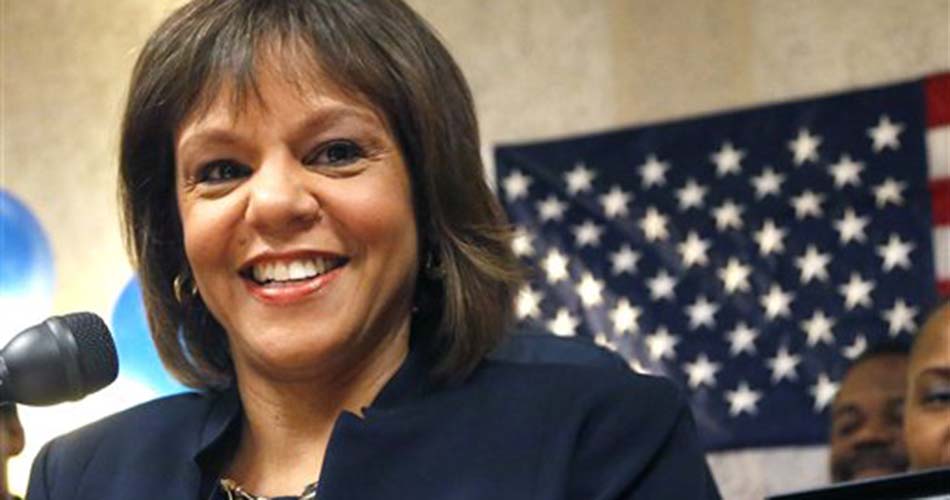
Charles Rex Arbogast/AP 9/14
Rep. Michael McCaul
Rep. Michael McCaul, R-Texas, co-founded and co-chairs both the Congressional Cybersecurity Caucus and the Congressional High Tech Caucus, as well as chairs the House Homeland Security Committee. He’ll be the House GOP lead this Congress on efforts to renew controversial government surveillance authorities under Section 702 of the Foreign Intelligence Surveillance Act and brokering a compromise between tech firms and law enforcement on cop-proof encryption, among other priorities.
McCaul is also leading an effort to elevate DHS' cyber division to agency status with a more direct line to department leaders. His prior attempt, which got ensnared by jurisdictional overlap, would have rebranded DHS’ current lead cyber agency, the National Protection and Programs Directorate, as the Cybersecurity and Infrastructure Protection Agency and break it into four divisions responsible for cybersecurity infrastructure protection, emergency communications and the Federal Protective Service, the agency’s law enforcement wing.
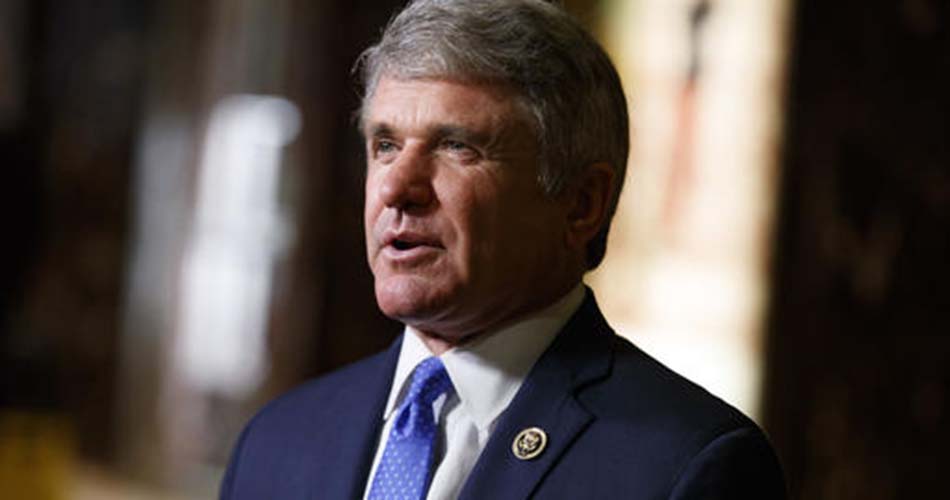
Evan Vucci/AP 10/14
Rep. Sheila Jackson Lee
Rep. Sheila Jackson Lee, D-Texas, may be more recently making headlines for her work on the House Budget Committee, but she has a good vantage point to oversee cybersecurity and technology issues from her positions on the House Homeland Security Committee’s cybersecurity panel and the House Judiciary Committee.
She has sponsored bills this Congress to expand federal support for cybersecurity education and training programs, in particular through the Cyber Security Education and Federal Workforce Enhancement Act. The bill would create a new office within DHS to support computer security education starting as early as kindergarten and for minority communities. She has promoted diversity in the cybersecurity and tech industries in the past.
Jackson Lee also proposed studies by DHS and the Office of the Director of National Intelligence on the feasibility of creating a cybersecurity versions of the National Guard.
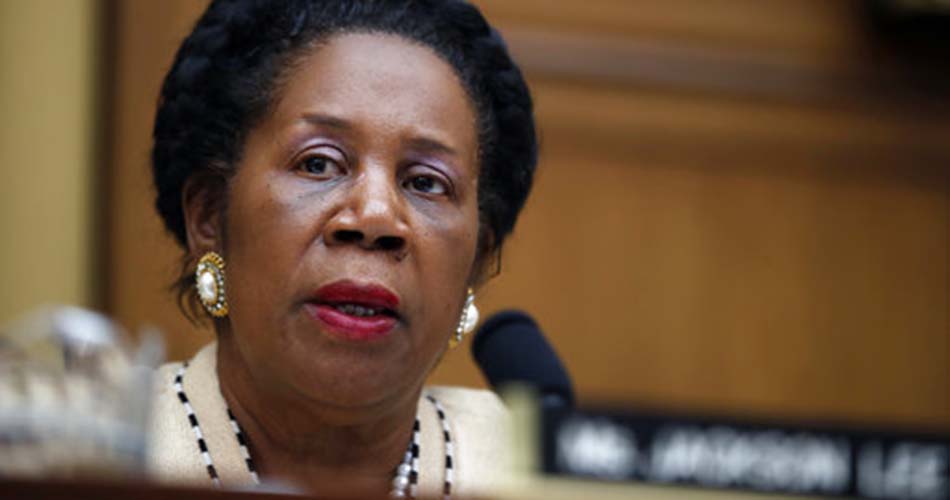
Alex Brandon/AP 11/14
Sen. Mark Warner
Sen. Mark Warner, D-Va., was an established techie before he ever ran for public office, founding a number of tech companies as a venture capitalist, including wireless service provider Nextel. After tech made him a fortune, Warner turned to public service, serving as Virginia’s governor from 2002-2006 before his current tenure in the Senate, which began in 2009.
Warner is the vice chairman of the Senate Intelligence Committee, bringing his tech experience to the forefront of the investigation into Russia’s cybersecurity meddling in the 2016 U.S. election. Warner is perhaps the Senate’s foremost cybersecurity experts, co-founding the Senate Cybersecurity Caucus, which serves as the Senate’s de-facto forum for discussion at the intersection of cybersecurity and national security matters. The Senate is paying attention, holding nearly two dozen hearings on cybersecurity in nine committees.
Legislatively, Warner introduced the Talent Act, legislation that codified the President Innovation Fellows program. Created in 2012, PIF continues to serve as a public service tech talent incubator, allowing private sector personnel to tackle public sector problems. Most recently, Warner cosponsored IT modernization legislation that would create funds to upgrade systems and a bill to change how the federal government purchases and uses geospatial data.
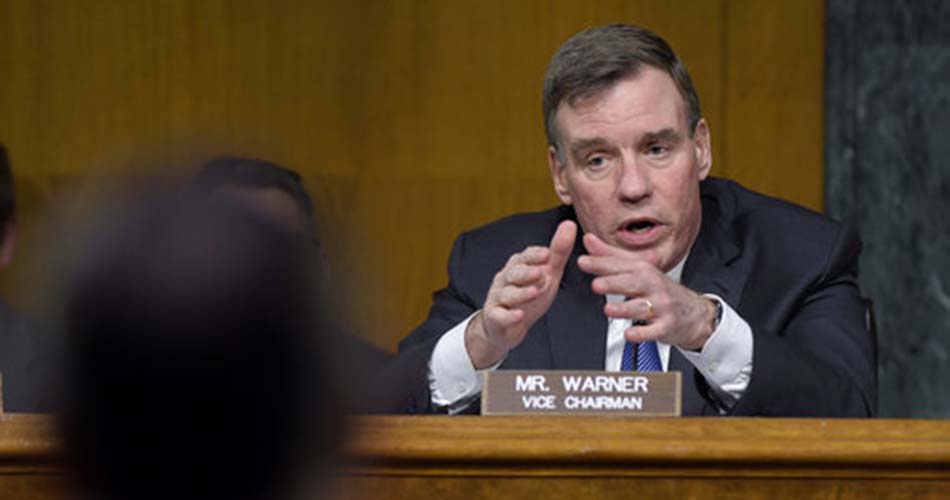
Susan Walsh/AP 12/14
Rep. Blake Farenthold
Rep. Blake Farenthold, R-Texas, working with Rep. Derek Kilmer, D-Wash., introduced legislation that would require agencies to publish data electronically and in a machine-readable, easily searchable format on Data.gov. The OPEN Government Data Act was also introduced in the Senate at the same time, led by Sens. Ben Sasse, R-Neb., and Brian Schatz, D-Hawaii.
“Taxpayers already pay for this data, so they should be able to access it easily,” Farenthold said in a statement. New uses of government information could provide citizens with more insight into government operations, he added.
Farenthold loves a high-profile partisan issue, whether it’s Benghazi or questioning if the Democratic National Committee breach was an inside job, but he also plugs away as a member of the House Oversight and Government Reform’s IT subcommittee and the House Judiciary’s Courts, Intellectual Property and Internet subcommittee weighing in on tech issues and patent reforms.
Farenthold’s has been active with several tech bills, including the You Own the Device Act to amends copyright law to allow devices and their software to be resold; the Protecting Data at the Border Act to prevent suspicionless searches of Americans’ devices at borders; and the PATCH Act to revamp when and how the government discloses software security holes agencies discover.
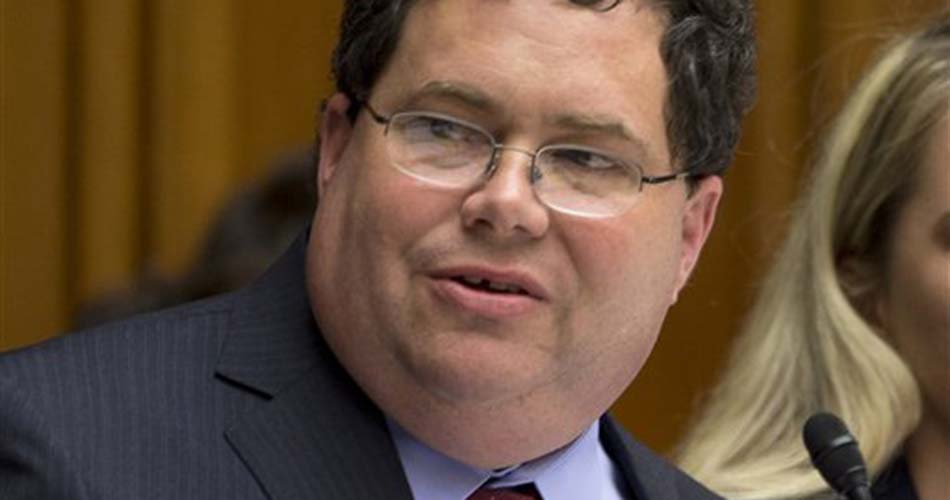
Jacquelyn Martin/AP File Photo 13/14
Rep. Kathleen Rice
Rep. Kathleen Rice, D-N.Y., is trying to help businesses keep up with DHS' technology needs. Rice introduced legislation that would require the Transportation Security Administration to update Congress if it updates its 5-year technology investment plan.
The Technological Acquisitions Act also requires TSA to report to Congress each year on the status of that plan, instead of every two years. The House passed that bill in March.
The bill would help businesses gain the “certainty they need to continue developing the technology that we rely on to keep us safe,” Rice said in a statement. More frequent updates on TSA’s technology plan could “encourage more technological innovation” in protecting the aviation industry, she said. The bill will now advance to the Senate.
Rice also introduced a bill to have a DHS undersecretary create threat assessments on how terrorists use virtual currencies like bitcoin.
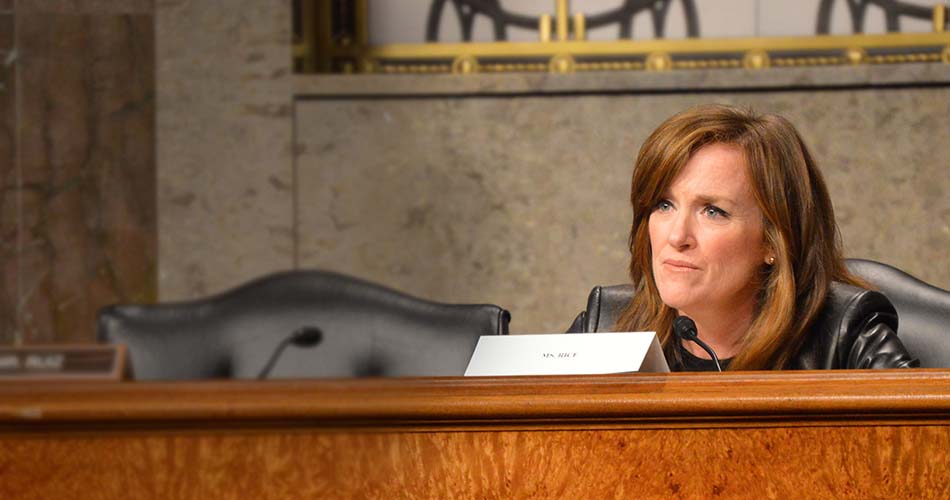
kathleenrice.house.gov - Start Over
14/14
Rep. Gerry Connolly
Rep. Gerry Connolly, D-Va., is known among the tech community as the “father of FITARA,” a moniker bestowed upon him following the passage of the Federal Information Technology Acquisition Reform Act. Connolly’s tech legacy is undoubtedly tied to the landmark IT reform legislation, which has driven agencies toward increased transparency and smarter spending over the past two years.
FITARA also demonstrates Connolly’s ability to work across the aisle: He partnered with Republican Darrell Issa in crafting the legislation and—like any good father—continues to ensure the law does what it’s supposed to. In speaking about the congressional scorecards that rate agency performance, Connolly has repeatedly stated he doesn’t want grades to be a “scarlet letter” but rather a push forward.
Connolly, who represents tech-heavy Northern Virginia in Congress, remains a bipartisan force for IT reform. He sits on the House Oversight and Government Reform Committee and its IT subcommittee, and frequently uses his technical expertise regarding international matters on the Foreign Affairs Committee. Most recently, he worked with Rep. Will Hurd, R-Texas, to champion the Modernizing Government Technology Act, legislation that would give federal agencies another tool to upgrade IT and get off decades-old systems.
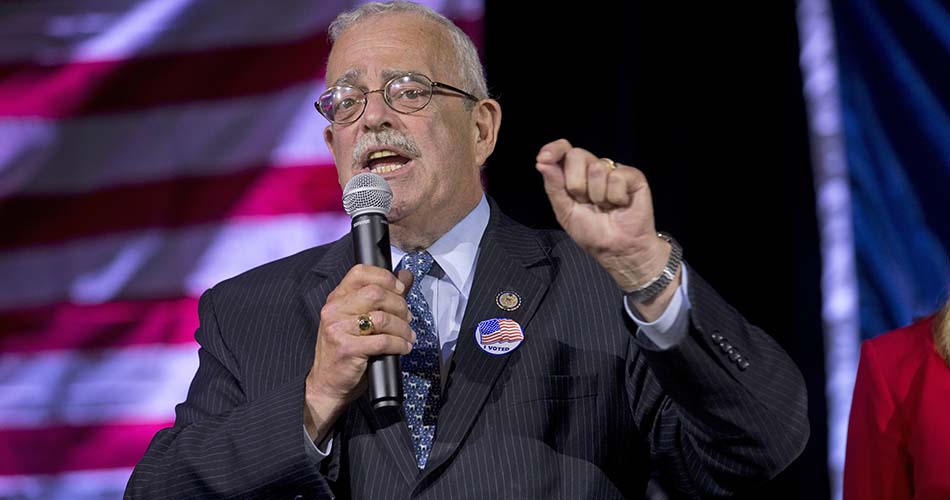
Steve Helber/AP